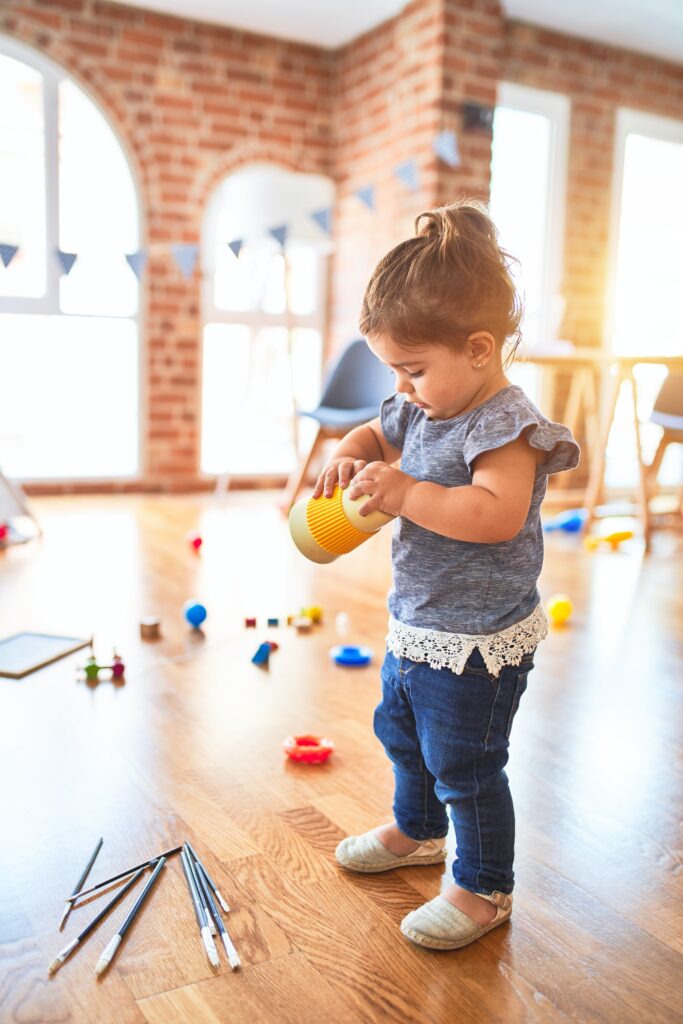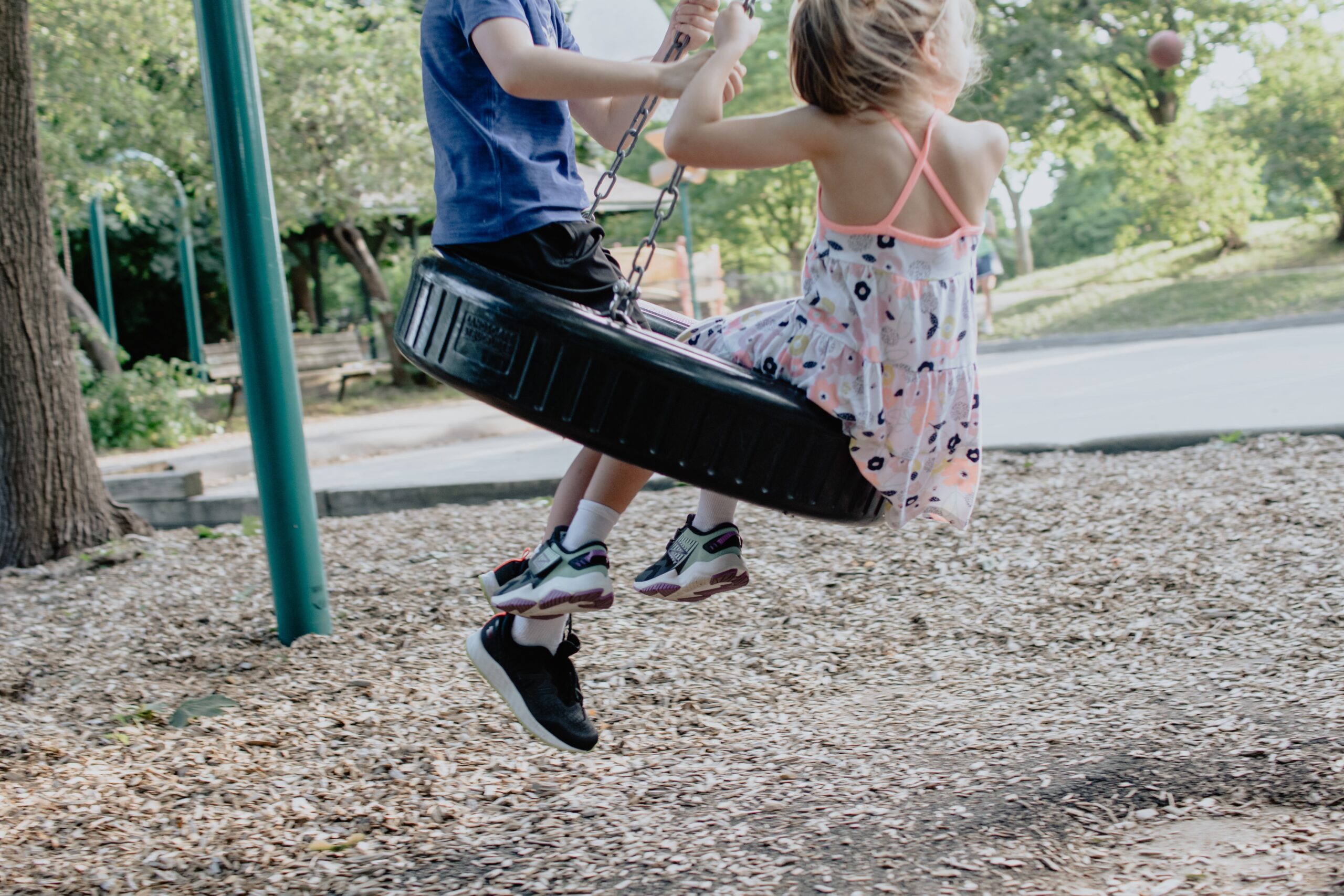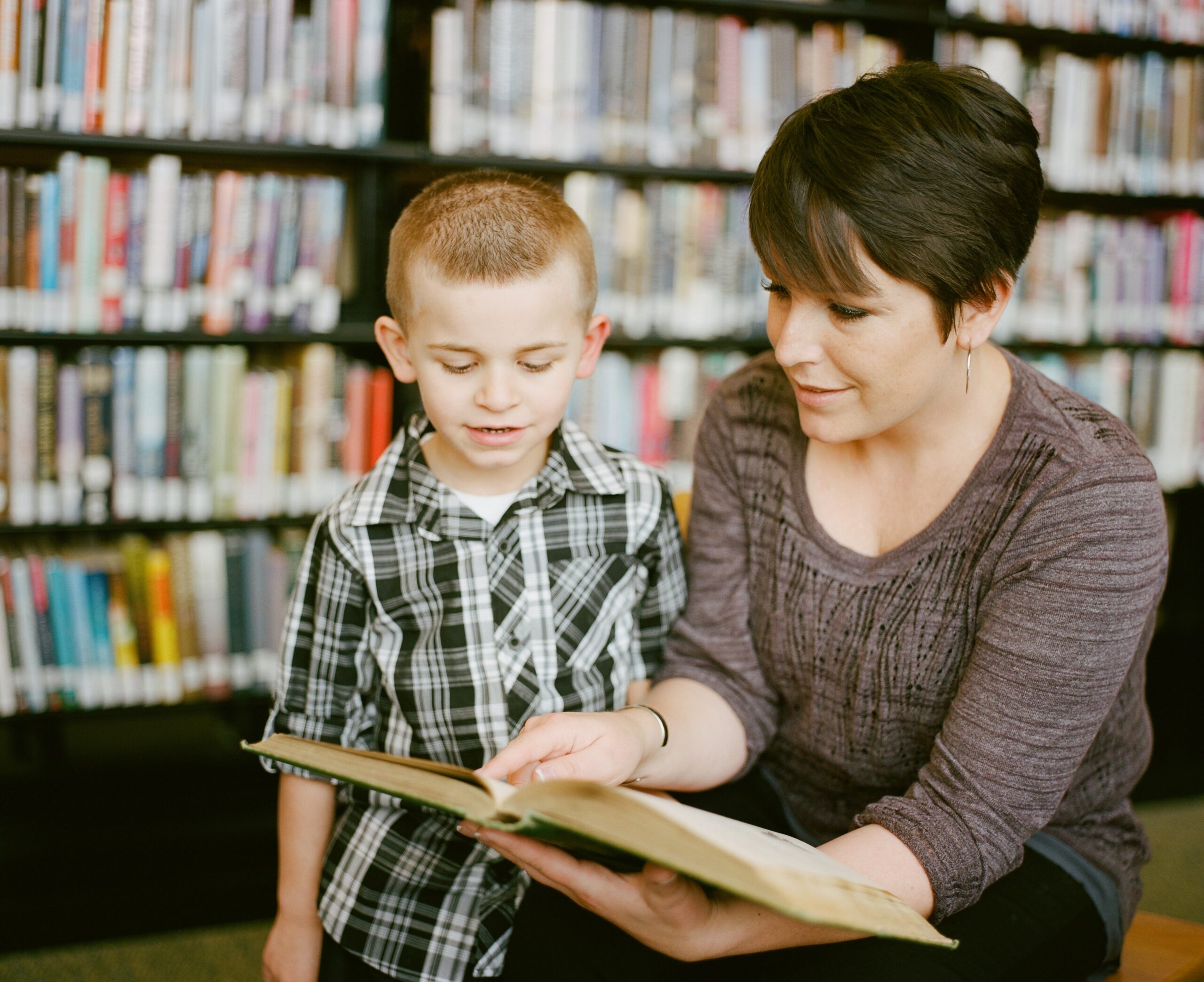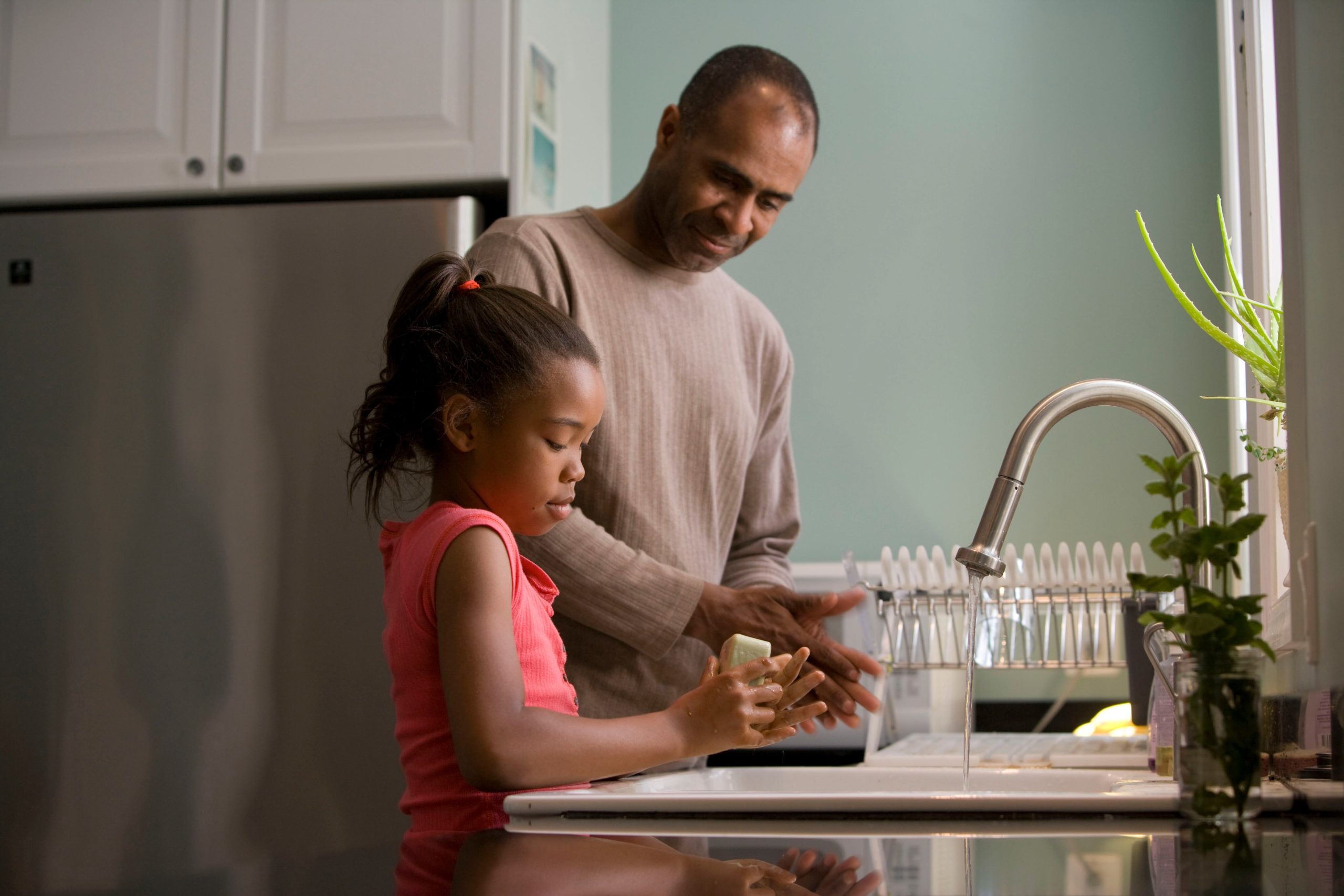
Children develop at their own rate and in their own unique way. As homeschooling mama’s, we get a front row seat to each learned skill and achievement. We get to celebrate those moments and build upon them. But have you ever been in one of those front row seats and seen your child fail? Maybe they’ve gotten frustrated because they can’t do the task at hand. Maybe you’ve gotten frustrated or even worried that they aren’t doing the task you gave them. These moments can be great times for growth and learning to work hard and try again. But have you ever wondered if your child just isn’t ready for what you are expecting them to do? Perhaps taking a step back and evaluating your child’s developmental abilities will get you both on the right track.
Most children follow a general sequence of milestones and developmental stages. Though, every child has their own timetable in reaching them, especially in their early years. We are going to dive in a little deeper into the things that you can expect your child to be able to do, and if they aren’t there yet, what your child can be working towards. Knowing these things can give you the tools needed to help your child. Encouraging them in the right areas, that their little bodies are ready for, will provide them with lasting growth. Recognizing any delays can also help you give them the extra help they may need. That’s one of the amazing things about homeschooling, you get to focus on the incredible little peanut in front of you!
So, let’s take a peek at 3 different type of skills your child will be developing in:
1. Fine Motor Skills
These are the ability to coordinate movements between hands, fingers, and eyes. They are needed for things such as:
- coloring
- writing
- cutting
- tying shoelaces
- buttoning shirts
- zipping coats
- and many daily tasks
2. Gross Motor Skills
These are the ability to coordinate movements using the whole body. The large muscles of the body, including core muscles are used in these skills. Things like:
- jumping
- running
- kicking
- and throwing a ball are examples
3. Social Skills
These are skills that we use every day as we interact with others and includes skills in communicating. Knowing how to act in social situations can be tricky for young children. As they grow and have more experiences with people of all ages, these skills will mature and make it easier for them to have positive interactions with others.
But remember, children will all master these skills at different times. Some may be ahead of the game, others on track, and some at the beat of their own drum behind the norm. As I tell my kids, being uniquely you is what makes the world such a wonderful place. So, embrace the stage and developmental milestones they are in right now and continue to encourage growth.
Your Homework:
What’s a homeschool blog without a little homework?
- Identify the level of developmental skills your children are in by reading our articles about childhood development






+ show Comments
- Hide Comments
add a comment